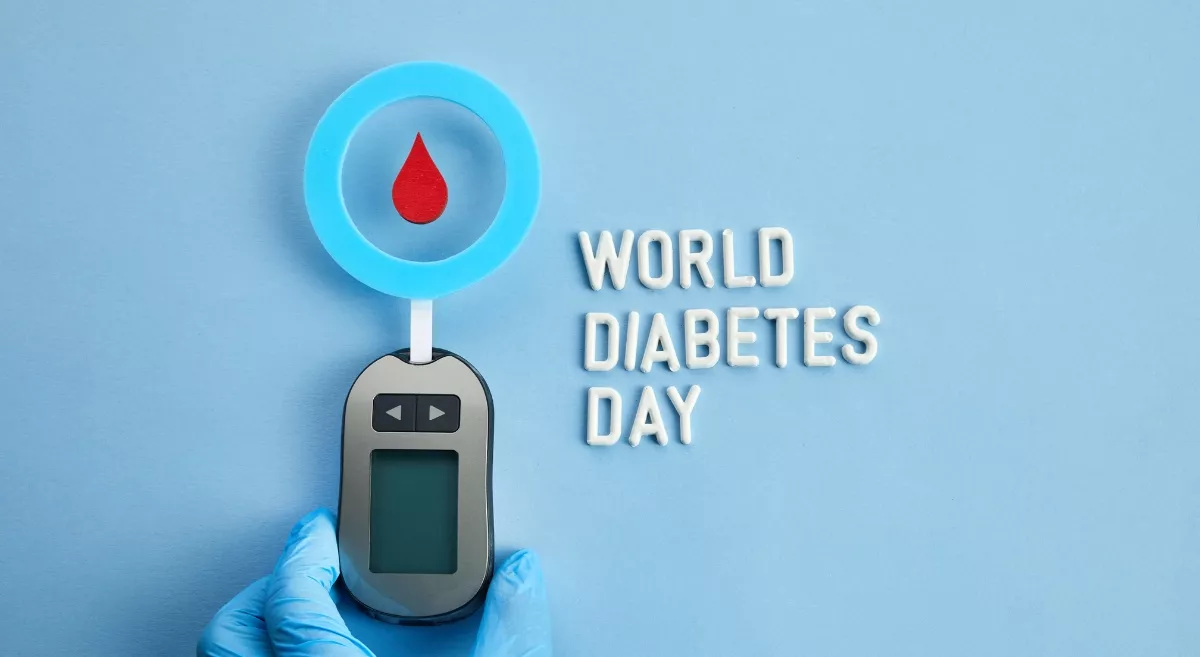Sustaining cardiovascular health is critical to living a happy life. Our heart works nonstop, pumping vital blood all through our body. Did you know, however, that the fine balance of hormone level within our body is an important factor in the risk of heart disease? Recent research emphasises the complex relationship between hormonal factors and heart disease. The study of hormone interactions sheds light on nuanced relationships. Ongoing studies investigate how hormonal imbalances may contribute to heart disease and offer opportunities for targeted interventions.
Understanding Endocrinology and Hormones
The endocrine system conducts hormones that are essential for regulating various biological functions. Cortisol, insulin, thyroid hormones, and sex hormones are among the key hormones involved in cardiovascular health. These hormones coordinate to keep the bodily functions in balance and an imbalance can be dangerous to your heart.
Hormonal Factors and Their Impact on Heart Disease
• Stress and Cortisol - Stress causes the "fight or flight" response, which causes the release of cortisol, a hormone necessary for survival. Chronic stress, on the other hand, raises cortisol levels, which contribute to inflammation and atherosclerosis (the buildup of plaque within arteries). Therefore handling stress through relaxation techniques, regular exercise, and mindfulness will help protect your heart.
• Diabetes and Insulin Resistance - Insulin, a pancreatic hormone, regulates blood sugar levels. Insulin resistance, which is frequently associated with type 2 diabetes, reduces the effectiveness of insulin leading to high blood sugar levels. This compromises blood vessels and raises the risk of heart disease. Maintain healthy blood sugar levels by regularly walking/exercising for 30 minutes and following a diet plan that is low in simple carbs and high in whole grains, lean proteins, and vegetables.
• Metabolism and Thyroid Hormones - Thyroxine (T4) and triiodothyronine (T3) are thyroid hormones that control metabolism. Hypothyroidism, characterised by low thyroid hormones, and high TSH can result in high cholesterol and high blood pressure thus increasing the risk of heart disease. Conversely, hyperthyroidism, in which hormone levels are excessive, puts a strain on the heart. Thyroid screenings on a regular basis are critical for heart health.
• Gender Differences and Sex Hormones - Estrogen, which is commonly associated with women's hormones, has cardioprotective properties that improve blood vessel function and reduce inflammation. Testosterone, which is present in both genders, promotes heart health by keeping blood vessels flexible and reducing oxidative stress. Low Testosterone can lead to central obesity and metabolic syndrome. However, gender differences in heart disease presentation and risk factors exist.
Lifestyle Modifications for Heart Health
Enable yourself by making lifestyle choices that promote hormone balance and cardiovascular health. A diet high in antioxidants, omega-3 fatty acids, and fibre helps to maintain hormonal balance. Regular exercise not only helps with hormone imbalance treatment, but it also improves heart function and lowers the risk of heart disease.
Medical Interventions and Treatment
When hormonal imbalances endanger heart health, medical interventions provide a ray of hope. Thyroid issues can be helped by specialised medication that restores hormone levels. Hormone therapy treats sex hormone imbalances. Consultation with doctors is essential because they personalise treatments to individual needs.
Prevention and Future Directions
Awareness is the first step towards prevention. Regular medical check-ups and screenings allow for the early detection of hormonal imbalances and the risk of heart disease. As research advances, we gain a better understanding of the complex relationship between hormones and heart health. Emerging therapies have the potential to provide more targeted interventions.
Endocrinology and cardiovascular health have a symbiotic relationship, stressing the significance of understanding hormonal factors in heart disease. Every hormone is important, from cortisol-induced stress to the cardioprotective effects of sex hormones. You can take control of your heart health by adopting a healthy lifestyle, seeking medical advice, and staying up to date on current research. Remember that a healthy hormonal balance is the foundation for a strong heart and a vibrant life. Understanding the impact of hormonal imbalances and making informed choices empowers you to live a heart-healthy lifestyle.












